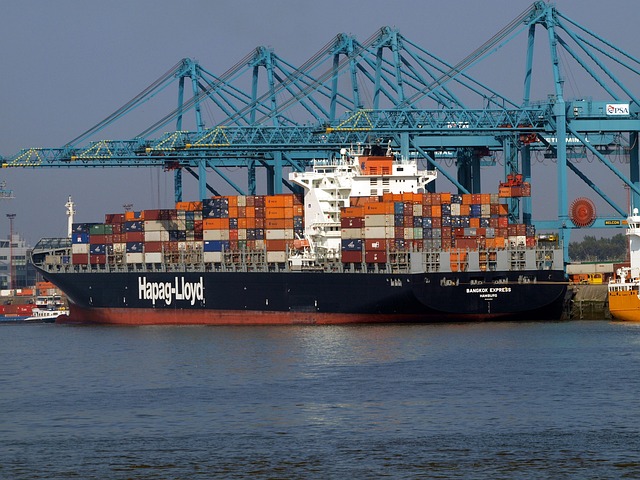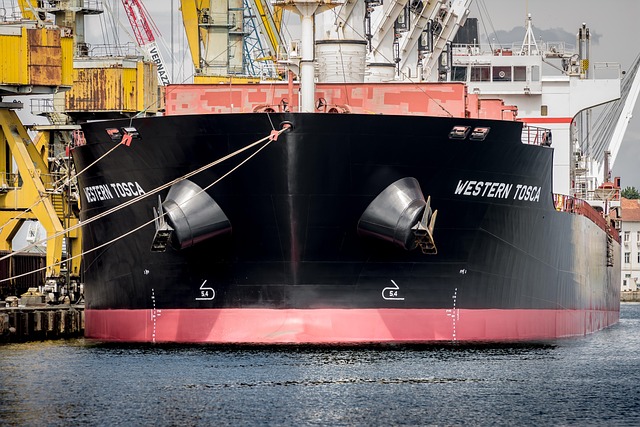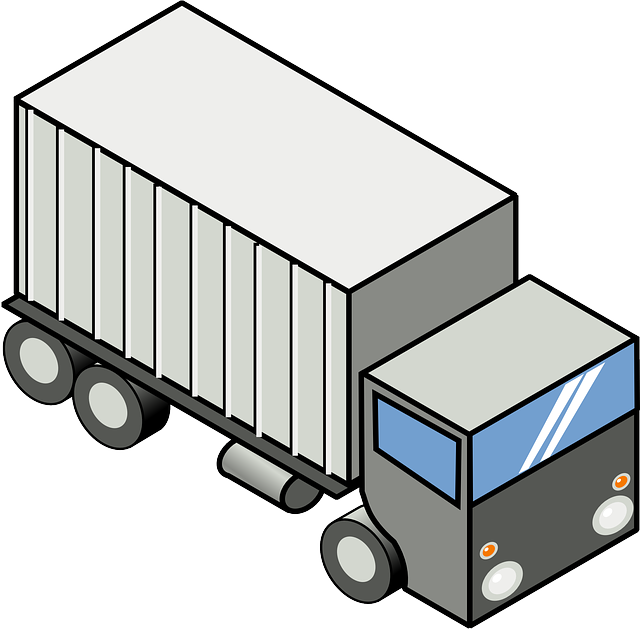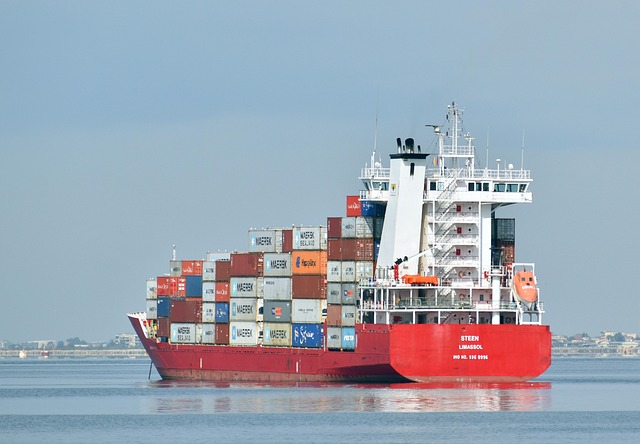In today's dynamic business landscape, maintaining optimal temperatures in refrigerated storage containers is vital for product safety and quality. Automated temperature-controlled containers offer a game-changer solution with real-time monitoring, precise regulation, and customizable settings, ensuring product integrity and optimizing storage conditions across industries like food & beverage and pharmaceuticals. These systems provide energy efficiency, remote access, and durable construction, making them ideal for temporary or permanent cold storage needs. The future looks promising with advancements in technology driving development of modular, portable options featuring predictive analytics and enhanced insulation, revolutionizing cold chain logistics.
In today’s globalized food supply chain, maintaining optimal temperatures in refrigerated storage containers is paramount for quality and safety. The rise of automated temperature-controlled systems equipped with alerts offers a game-changer for cold chain management. This article delves into the crucial need for such technology in refrigerated storage containers, highlighting key features, benefits, and future prospects to ensure efficient and reliable storage. Discover how these innovations are revolutionizing the industry.
- Understanding the Need for Automated Temperature Control in Refrigerated Storage Containers
- Key Features and Benefits of an Automated System with Alerts
- Implementation and Future Prospects: Ensuring Optimal Cold Chain Management
Understanding the Need for Automated Temperature Control in Refrigerated Storage Containers

In today’s dynamic business landscape, maintaining optimal temperatures in refrigerated storage containers is no longer a luxury but a necessity. Traditional methods often rely on manual intervention for temperature adjustments and monitoring, leading to inefficiencies and potential risks of spoilage or quality degradation, especially when dealing with perishable goods. This is where automated temperature controlled refrigerated storage containers step in as a game-changer. By integrating advanced technology into these containers, businesses can now benefit from precise temperature regulation, ensuring the safety and freshness of their products.
Automated systems offer real-time monitoring and control, allowing users to set specific temperature ranges and receive alerts when deviations occur. This proactive approach not only maintains product integrity but also optimizes storage conditions, reducing waste and improving logistics efficiency. Whether you’re in need of a temporary solution for seasonal peaks or require a permanent refrigerated storage container for your operations, the availability of automated models provides a reliable, energy-efficient, and customizable cold storage option across various industries, from food and beverage to pharmaceuticals.
Key Features and Benefits of an Automated System with Alerts

An automated temperature-controlled refrigerated storage container with alerts is a game-changer for businesses needing reliable cold storage solutions. These systems offer refrigerated storage containers that are equipped with cutting-edge technology, ensuring optimal conditions for perishable goods while providing real-time monitoring and control. By integrating alert systems, users can be notified instantly of any temperature deviations, allowing for swift action to maintain the integrity of their products.
Key features include energy efficiency, modular design for customizable dimensions, and a wide range of options to suit various needs. Whether you’re looking to buy refrigerated storage container, rent refrigerated storage container, or invest in a used refrigerated storage container, these automated systems provide peace of mind, ensuring your goods remain in top condition. With features like remote access, precise temperature control, and durable construction, this refrigerated shipping container or cold storage container is the ultimate solution for businesses demanding reliable, efficient, and insulated cold storage.
Implementation and Future Prospects: Ensuring Optimal Cold Chain Management

The implementation of automated, temperature-controlled refrigerated storage containers is a significant step forward in cold chain management. These innovative solutions offer unparalleled precision in temperature regulation, ensuring that perishable goods maintain their integrity during storage and transit. By integrating advanced sensors and smart technology, these containers can monitor internal conditions in real time, alerting stakeholders to any deviations from set parameters. This proactive approach not only minimizes spoilage but also enhances the overall efficiency of logistics operations.
Looking ahead, the future prospects for such refrigerated storage containers are promising. With growing demand for efficient cold chain management across various industries, there is a rising need for customizable, scalable, and energy-efficient solutions. Manufacturers are responding by developing modular, portable, and even used or new refrigerated storage container options to cater to diverse requirements. As technology advances, we can expect even smarter features, such as predictive analytics for maintenance, enhanced insulation materials, and more robust temperature control systems, revolutionizing the way we manage cold chain logistics and ensuring optimal preservation of valuable goods.
Automated temperature-controlled refrigerated storage containers equipped with alert systems are a game-changer in cold chain management. By addressing the critical need for precise temperature regulation, these advanced solutions ensure the integrity of perishable goods during transport and storage. Through real-time monitoring and intelligent alerts, businesses can swiftly respond to any deviations, minimizing waste and maintaining product quality. As the demand for efficient supply chain logistics grows, implementing such automated systems becomes essential for staying competitive in the market. This technology is set to revolutionize refrigerated storage, offering enhanced safety, cost savings, and improved overall efficiency.



